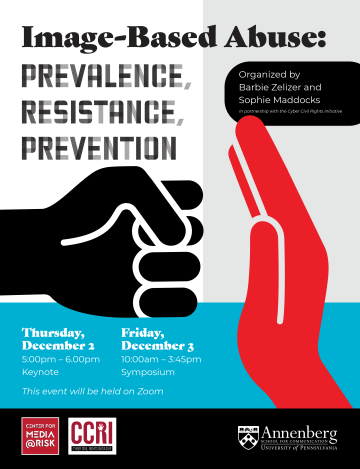I was quoted last week in a Yahoo Parenting article explaining that consensual sexting is not inherently harmful and that we should instead be concerned about coercion, harassment and privacy violations.
While I’ve said similar things before in many different popular publications, Yahoo Parenting readers seem to be an especially active group of commentators who were particularly offended by my arguments. Of nearly 200 comments, almost all of them are negative.
What’s interesting to me about these comments is how strongly people reacted and how irrational their responses were. Some only read the phrase that “consensual sexting is not harmful” and were outraged that privacy violations were not mentioned–of course this is mentioned a couple lines further down in the article.
Many more felt that the idea that “consensual sexting is not harmful” is so absurd that they could only respond with exaggerated ad hominem attacks:
- This expert is clearly on drugs (since Colorado recently legalized retail sales of pot)
- This expert is not really an expert
- This expert just wants to sell books (if only they knew how little money we make on academic books!)
- This expert is an idiot
What this illustrates is that for these readers the idea that “consensual sexting is not harmful” violates their common sense ideas so thoroughly that they cannot actually consider the argument at all. I imagine that they view my argument as an attack on their deeply held beliefs–thus the only response is to attack back with what they perceive to be equal force and equal disregard for the speaker.
But if the idea is so absurd, why respond at all? While they clearly don’t see it as one side of a legitimate controversy (and thus worth serious consideration), they must feel as though the idea is at least nipping at the heels of a rational argument, or else why bother to engage with it at all?
 While I can’t control exactly how journalists quote me–other than refusing all interviews–how can I hope to reach people like this and encourage some of them to think critically about their common sense beliefs?
While I can’t control exactly how journalists quote me–other than refusing all interviews–how can I hope to reach people like this and encourage some of them to think critically about their common sense beliefs?
When I’m explaining my arguments to anyone I don’t know, I never lead with “consensual sexting is not harmful.” Instead, I try to establish with my audience that we both care about protecting young people. I tell them that research shows that around a third of teens will sext. So our task, I say, is to think about how to reduce the potential harm. By the way, I add in, we know abstinence-only sex ed is a failure, so we can guess that abstinence-only sexting policies will be too. Then I explain that the child pornography laws that apply to sexting are too harsh and that they criminalize victims of privacy violations. Coercion, harassment and privacy violations are serious problems we need to address, I say, but consensual sexting is not inherently harmful. Risky, yes, but not causing harm in and of itself.
Obviously people are more inhibited from calling me an “idiot” in person than in anonymous online comments, but so far most people have reacted to my logic fairly well. Even if they disagree on moral grounds that personal sexual photography is wrong, they seem to understand my arguments about harm reduction and the problems with victim-blaming. After all, I’m not disrupting the idea that girls (teens too) are vulnerable and in need of protection. Once I confirm that for my audience, some are willing to consider that maybe consensual sexting is not inherently harmful.
So unless I can control how to roll out my argument and establish common ground with my audience first, I’m not sure there’s a way for me to encourage critical thinking about common sense assumptions like “sexting is bad” without being seen as ridiculous. I imagine I’ll keep talking to the press because I think it’s important to try to shift the conversation about sexting, even though I know that fighting common sense will never be easy.
So the real lesson from this is, of course: never read the comments.













 While I can’t control exactly how journalists quote me–other than refusing all interviews–how can I hope to reach people like this and encourage some of them to think critically about their common sense beliefs?
While I can’t control exactly how journalists quote me–other than refusing all interviews–how can I hope to reach people like this and encourage some of them to think critically about their common sense beliefs?